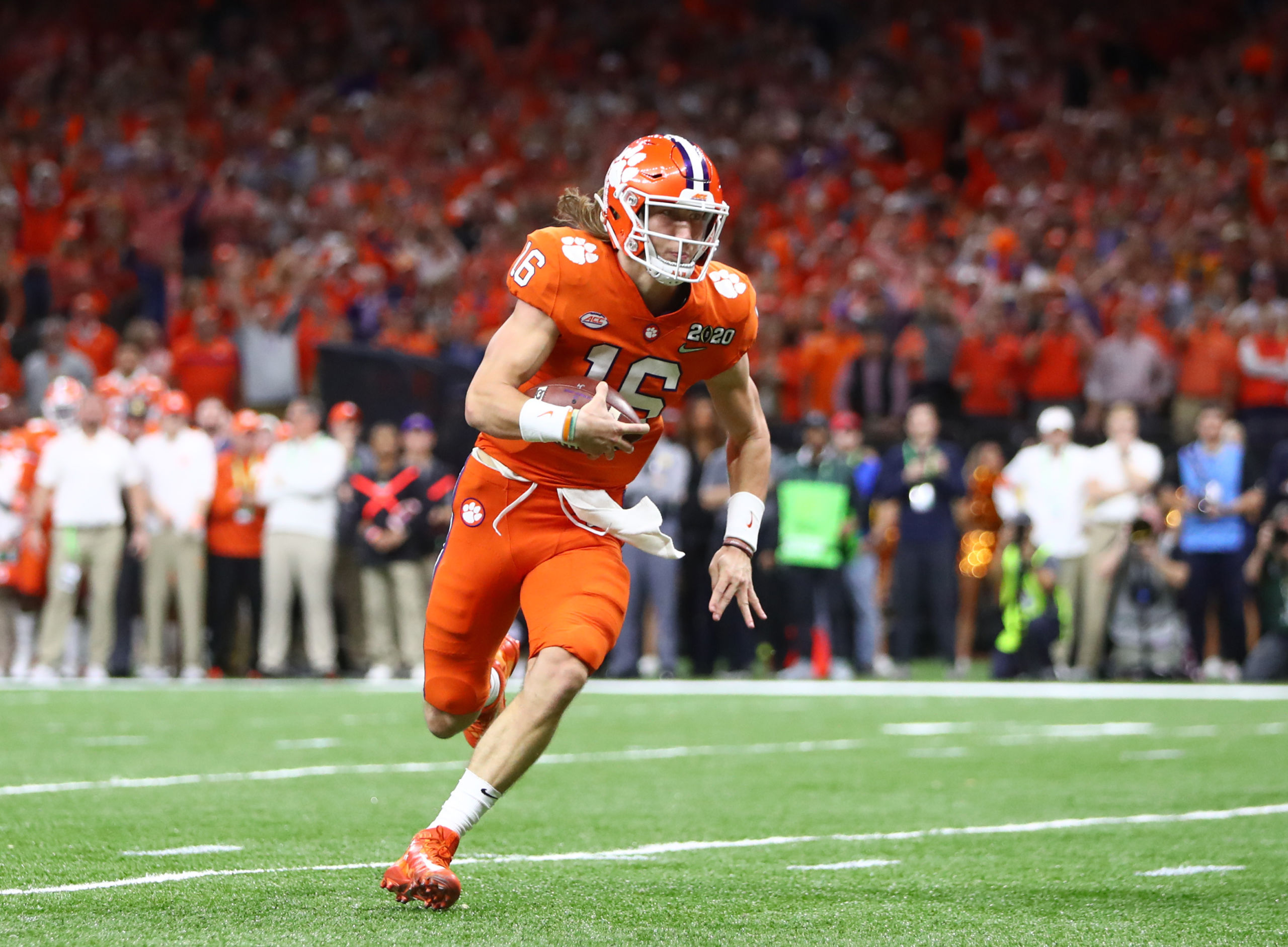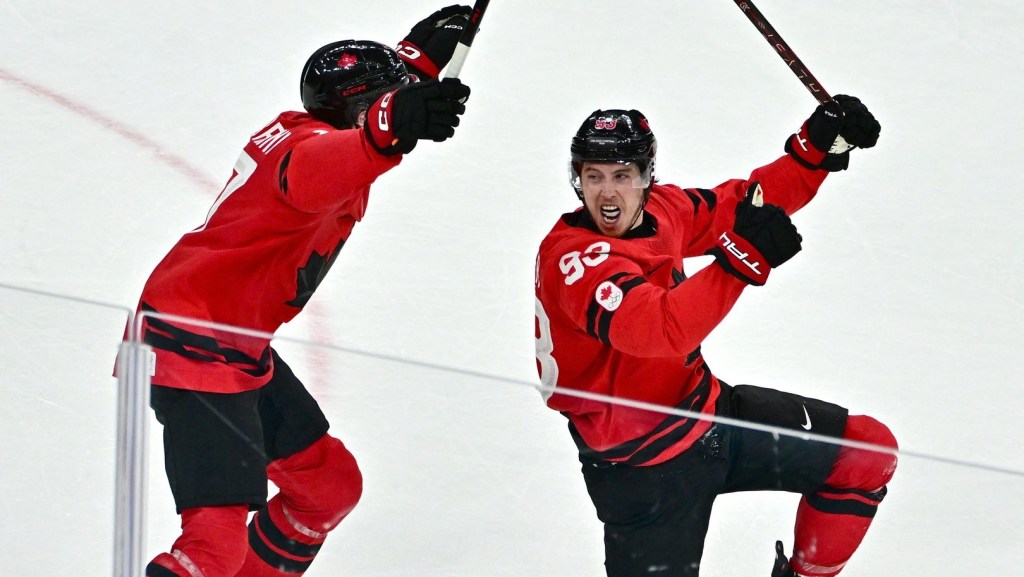The NCAA’s Board of Governors has moved to support rule changes to allow student-athletes to receive compensation for their name, image, and likeness in a much-anticipated modernization of the organization’s amateurism rules. Conditional third-party endorsements will now be allowed, as well as outside compensation related to social media, other businesses, and personal appearances.
In essence, student-athletes will now be allowed to profit off of their name, image, and likeness as long as schools are not involved in payments and school or conference logos are not used, the board announced on April 29.
The NCAA’s release said the new rules will, however, allow student-athletes to reference their sport and school and will call on NCAA members to use school compliance officers to oversee the types of endorsement deals and monetary value of individual contracts to ensure fair value for the services provided. While the recommendations outline the ways athletes can make money from their names, images, and likenesses, they also leave room for discretion at the NCAA and school level. NCAA staff will also aid with oversight.
All deals will also be subjected to a set of “guardrails,” the group said, the specifics of which are still being worked out but are paramount to successful NIL implementation.
A general overview of those guidelines was outlined in the board’s release, which would include barriers to any name, image, and likeness activities that would be considered pay for play; removal of any school or conference involvement and any NIL enticements in the recruiting space by schools or boosters. Agents and advisors would be regulated to ensure they’re not soliciting professional opportunities for any players they represent as well.
READ MORE: NCAA’s NIL Struggle Resurfaces Amid Shrinking Budgets and Uncertain Timelines
Big East commissioner Val Ackerman, who also serves as the group’s co-chair, said those guidelines are “vitally important” to maintain “some level of integrity and fairness,” especially as they pertain to boosters and any potential recruiting inducements. The NCAA’s next step is to identify exactly what those needed guardrails are to support student-athletes and maintain competitive equity and has even called upon Congress to help with their construction.
“Allowing promotions and third-party endorsements is uncharted territory,” Michael Drake, chair of the board and president of Ohio State, said Wednesday morning.
The NCAA was pushed into this uncharted territory when individual states started proposing and passing NIL legislation in sweeping succession over the last several months. The impetus now will be on Congress, whichthe association said it would engage to help provide the aforementioned “guardrails” to make the proposed changes uniform among states.
The working group’s recommendation suggested one law that applies to all schools to supersede the state-by-state bills, some of which are set to take effect as soon as 2021. Federal legislation is already in the works, with Rep. Anthony Gonzalez (R-Ohio), a former Ohio State and NFL wide receiver, already working on a bill that would likely line up with the NCAA’s proposed changes. The timing of any Congressional action has, however, come into question as the focus remains on responding to the current pandemic.
The group also called for Congress to provide an antitrust exemption to avoid future lawsuits challenging potential caps the NCAA would place on the type of endorsements athletes could make and the value of those endorsements.
NIL rules changes are expected to take effect at the start of the 2021-2022 academic year. After feedback from member schools is considered, a formal proposal for the new rules will be submitted no later than October. Recommended rules changes will now be considered by each of the NCAA’s three divisions for further consideration, and policies are to be voted on by January.
“The NCAA’s work to modernize name, image and likeness continues, and we plan to make these important changes on the original timeline, no later than January 2021,” Gene Smith, Ohio State athletics director and NIL working group co-chair, said. “The board’s decision today provides further guidance to each division as they create and adopt appropriate rules changes.”





![[Subscription Customers Only] Jul 13, 2025; East Rutherford, New Jersey, USA; Chelsea FC midfielder Cole Palmer (10) celebrates winning the final of the 2025 FIFA Club World Cup at MetLife Stadium](https://frontofficesports.com/wp-content/uploads/2026/02/USATSI_26636703-scaled-e1770932227605.jpg?quality=100&w=1024)











